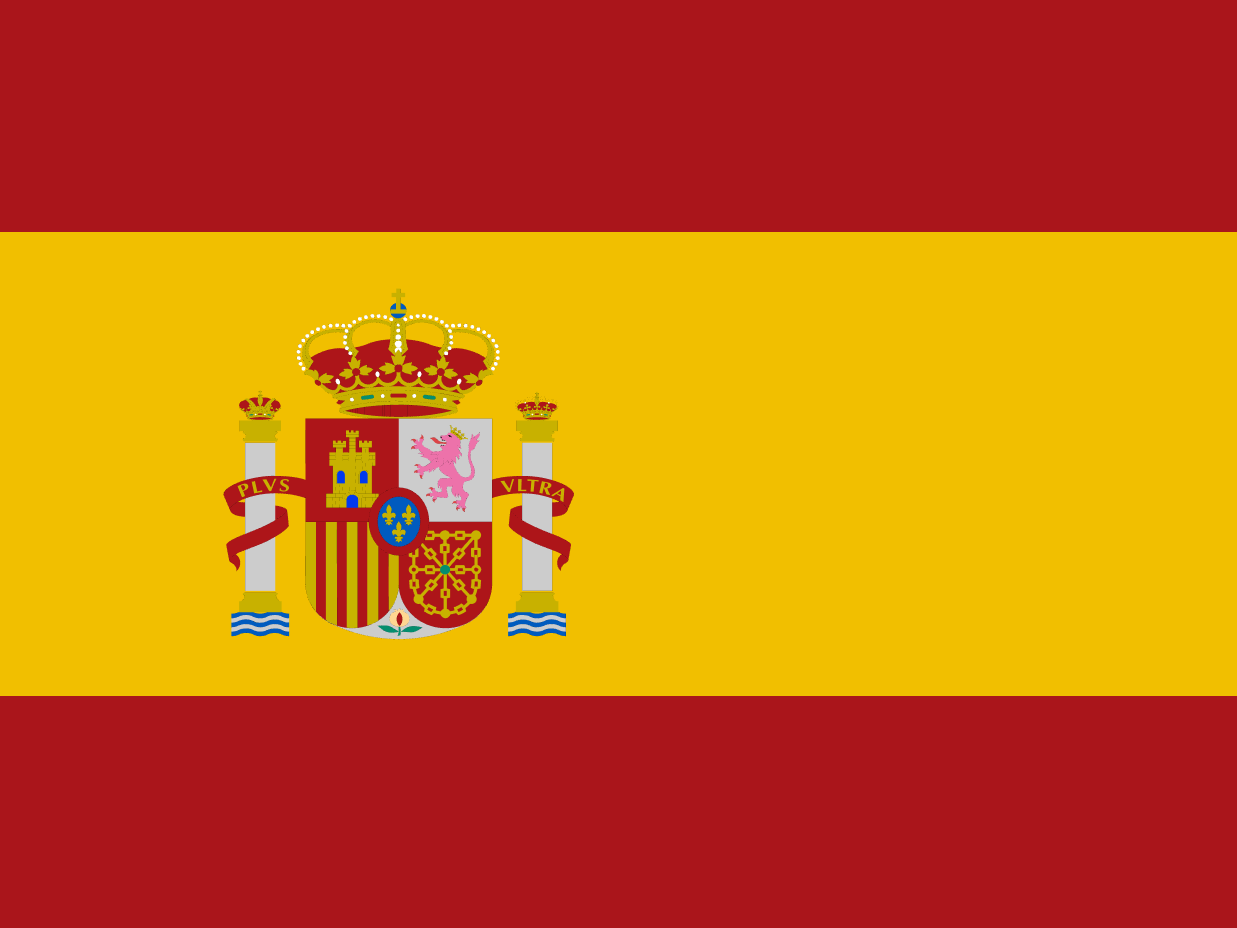Define Your Business Model and Target Market
Before writing any code or signing contracts, define your vision. Will you offer a mainstream casino or a niche platform focused on crypto players, esports betting, or specific geographies?
Knowing your audience—casual gamers, high-rollers, or mobile-first users—will determine your content, platform features, and licensing jurisdiction. This strategic clarity is what separates short-term attempts from long-term operators.
Understand Licensing and Legal Compliance
Licensing is the legal backbone of your online casino. You must comply with AML (Anti-Money Laundering) and KYC (Know Your Customer) regulations. Consider hiring a gaming attorney or compliance advisor to help navigate these complexities. Without one, you’re not just risking fines—you’re risking your entire operation.
Top jurisdictions include:
- Malta Gaming Authority (MGA) – Highly reputable, ideal for Europe
- Anjouan eGaming – Affordable, fast approval
- UK Gambling Commission – Strict but great for UK markets
- Kahnawake – Canada-based and crypto-friendly
Choose the Right Casino Platform
Your software platform choice impacts everything—from user experience to revenue scalability. Ensure the platform supports mobile optimization, multilingual content, scalable architecture, and an integrated CRM for player data and retention strategies. You generally have three options:
- White-label casino: The fastest and most cost-effective option with pre-built features.
- Turnkey solution: Offers more customization options than white-label solutions.
- Custom-built platform: Full control and flexibility, but more expensive and time-intensive.
Build a Game Library That Converts
Players expect variety. Your platform should support:
- Slots, progressive jackpots
- Table games (roulette, blackjack, baccarat)
- Live dealer games
- Provably fair or crash games (great for crypto audiences)
Top game providers include:
- Evolution
- Play’n GO
- NetEnt
- Microgaming
- Pragmatic Play
More providers mean more variety and the ability to localize content for different regions.
Offer Secure, Versatile Payment Solutions
Seamless and secure payments are crucial for player trust and conversion. Use payment processors that specialize in high-risk industries. Look for fraud protection, fast withdrawal processing, and chargeback mitigation. Offer multiple deposit/withdrawal methods:
- Credit/debit cards (Visa, MasterCard)
- E-wallets (Skrill, Neteller, PayPal)
- Cryptocurrencies (BTC, ETH, USDT)
- Bank transfers and mobile money options
Build a Winning Marketing and Retention Plan
No traffic = no revenue. Acquisition is necessary, but retention drives long-term profitability. Your marketing strategy should combine:
- SEO-optimized content (like this article!)
- Affiliate partnerships for performance-based promotion
- Pay-per-click (PPC) and display ads
- Social media and influencers in your target market
- Retention tools like loyalty programs, VIP levels, and CRM-triggered campaigns
Customer Support
Great support turns casual users into loyal players. Invest in training and tools to ensure your support team knows how to promptly handle disputes, Know Your Customer (KYC) issues, and technical questions. Offer:
- 24/7 live chat
- Email and ticketing systems
- AI-powered chatbots for basic queries
- Multilingual support agents for global reach
Track KPIs and Optimize Constantly
Successful casinos never stop testing. Use dashboards and CRM data to personalize offers, prevent fraud, and improve the user experience. Monitor key metrics like:
- Player acquisition cost (CAC)
- Player lifetime value (LTV)
- First-time deposit conversion rate
- Support response/resolution times
- Bonus abuse and churn rates
Understand the Cost Structure and Profit Margins
Starting an online casino is capital-intensive. However, once set up, the margins can be highly lucrative, especially with a loyal user base and automated systems in place. Costs include:
- Licensing: $5,000–$50,000+
- Platform: $10,000–$100,000+
- Game provider integrations: Revenue share or licensing fees
- Marketing budget: $5,000–$50,000/month
- Legal and compliance: Ongoing costs
- Payment processing and hosting
Conclusion
Starting an online casino is rewarding, but it requires more than just a flashy design and a diverse game selection. Legal compliance, a robust platform, innovative marketing, and exceptional user support are non-negotiable if you want to thrive in this competitive space.
Whether exploring a white-label solution or building from scratch, the foundation you lay in the first 90 days will define your long-term success.
Are you Ready?
Ready to turn your casino startup idea into a live, revenue-generating business?
Our team helps new operators navigate licensing, choose the right platform, and go to market faster and with fewer mistakes.









.png)

.svg)
.png)

.png)
.png)



